Samsung and Intel's partnership reveals why it's so hard for AMD to break through
While AMD processors are on the rise, the company still struggles to get its chip in laptops. It's not a conspiracy; it's just Intel does much more to help OEMs.
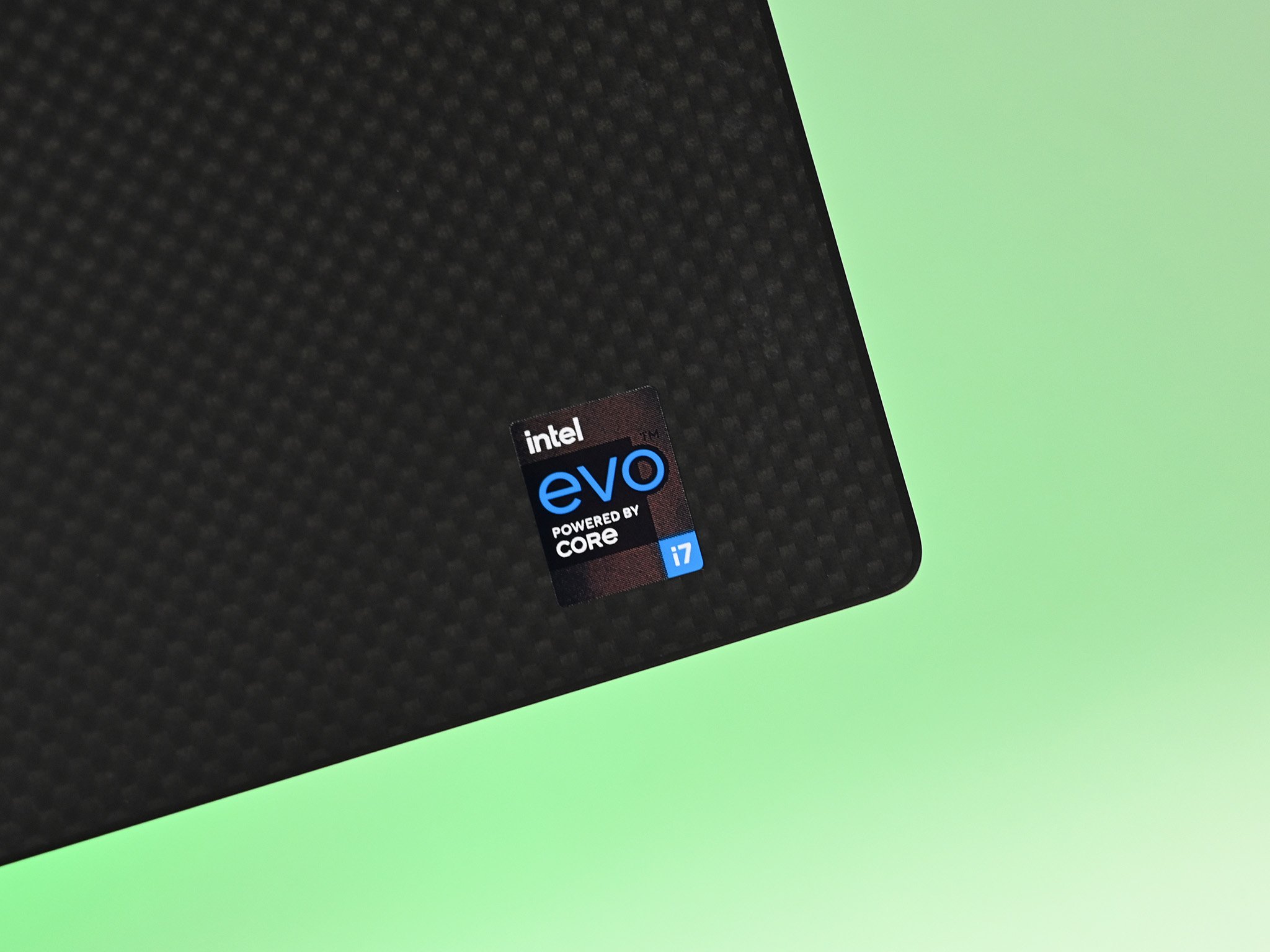
Earlier this week, Samsung announced some stunning new Windows laptops. The company has made some excellent PCs in the past, but with its first-ever Galaxy Unpacked event dedicated to Windows, it is evident the South Korean company is raising the stakes this time.
But it was on stage, and behind the scenes, that is the real story. Many AMD fans often wonder why PC makers ignore the Intel competitor for new laptops, as for some, AMD is the preferred choice.
The reason is, as always, about money. But it is also about Intel (and Microsoft) working more closely with laptop makers so consumers get better devices. And it's working.
Intel co-engineers (and gives support)
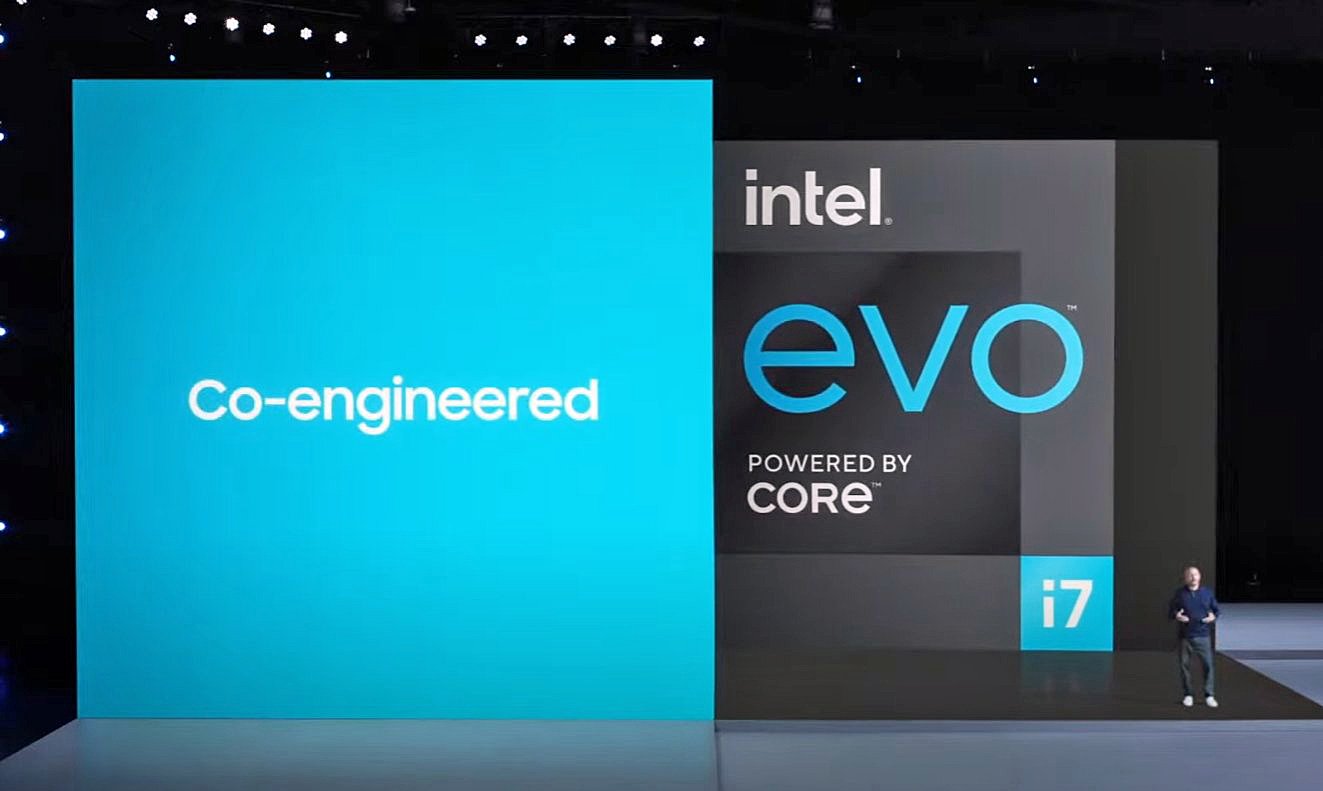
Intel is not a dumb company, even if its processor strategy has slid in the past few years. It using leverage to gain preference with PC makers is not unfair. It is good business.
But Intel doesn't just lean on capital. A few years ago, it began its "Project Athena" program as a multi-year journey to push the laptop segment forward. That later evolved into a more formalized (and marketable) Intel Evo certification. For a company to earn the Evo sticker, a laptop needs to meet specific criteria, including:
- Consistent responsiveness on battery.
- Wake from sleep in less than 1 second.
- 9 or more hours of real-world battery life on laptops with a Full HD display.
- 4 or more hours of battery life in a 30-minute charge on laptops with Full HD display.
- Thunderbolt 4 and Wi-Fi 6.
- Touchscreen.
It's a tremendous joint program between OEMs and Intel as it ensures a certain level of performance and features when people buy a laptop. It is also a response to Apple's tight marriage of hardware and software, which a company like HP or Dell would struggle with since they only build the laptop, they do not design the OS or the chipsets.
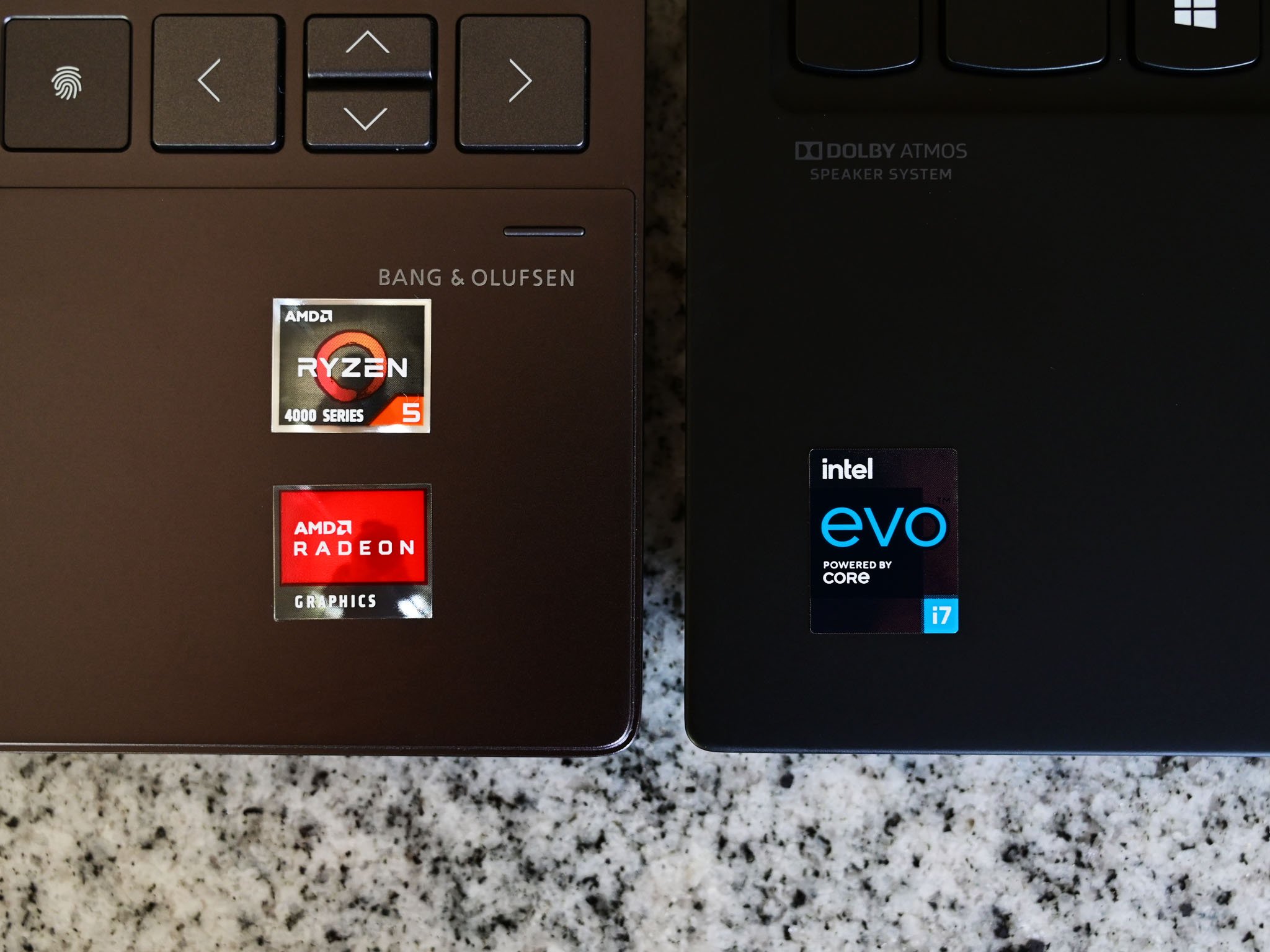
Microsoft is in on the action too. I remember hearing some OEMs laughing about Microsoft's Intel' Skylake' debacle from 2015. Finally, they noted, Microsoft knows what it is like to make a Windows laptop. Microsoft learned from that mistake and now works closely with Intel and OEMs to optimize laptop design and software. While things aren't perfect, they are much better, and we haven't had a repeat of 'Skylake.'
Get the Windows Central Newsletter
All the latest news, reviews, and guides for Windows and Xbox diehards.
All of this is evident this week with Samsung. Intel was literally a part of the show with "co-engineered" emblazoned next to the Intel Evo logo. They're not kidding, either. The new Galaxy Book Pro and Book Pro x360 have unique features like tuned Bluetooth to work better with Galaxy accessories and phones. And, for the first time, the Core i7-1165G7 in these Samsung laptops have an optional fanless mode. Indeed, performance will be limited when that feature is enabled, but it is a fascinating advancement for those who do not like whirring fans while doing lighter work.
Intel's engineering goes even further. They work with Sensel, who is now making haptic trackpads. And the whole dual-screen PC initiative, which Microsoft endorses, is driven by Intel who created reference devices for OEMs to emulate. Remember 'Tiger Rapids'?
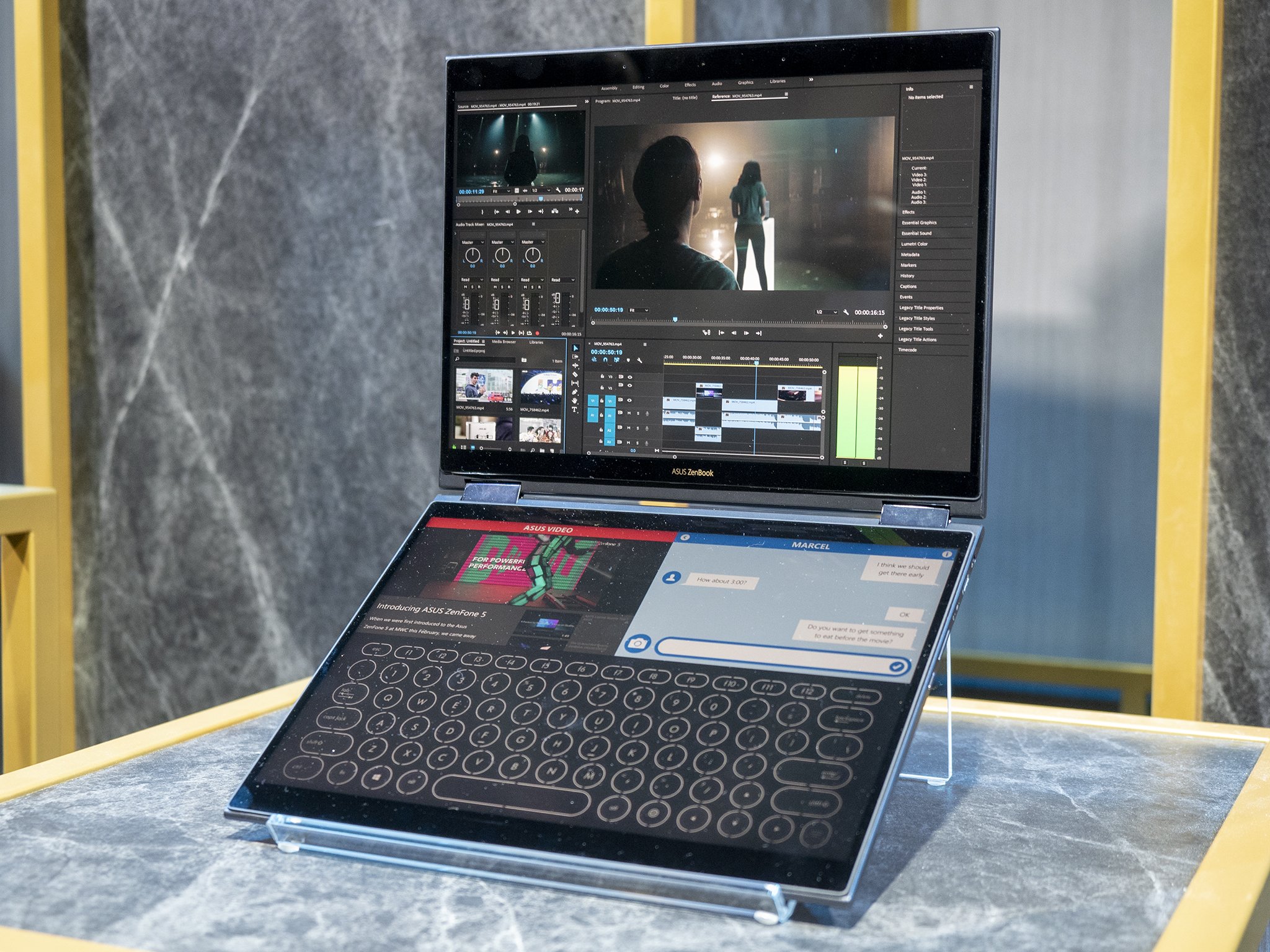
And that ground-breaking Lenovo Yoga Book C930? It is also an Intel reference device that Lenovo brought to market with its own twist (this also explains why it doesn't run an ARM processor, by the way).
Intel is also behind Thunderbolt (in collaboration with Apple) and is the largest producer of Wi-Fi 6 mobile cards displacing Marvel (thankfully). The company is also leading the charge on the fascinating new security tech of human presence detection in laptops.
Say what you want about Intel, but the company is behind many of the recent innovations in PCs.
Intel: It's about marketing, too
Intel does not, however, only make processors nor co-engineer laptops. It also helps market them. Those little stickers that everyone hates on Windows PCs? OEMs get a discount by having it on the computer, which then makes pricing lower for consumers.
There are also TV and print ads. Every night I see an Intel Evo ad on primetime TV. It boasts Intel's new features, but it also features new laptops from OEM partners. Often, it's the Dell XPS 13, one of the most popular Windows laptops around. (The ad is often a variation on the video above).
If you are Dell, you just received some sweet marketing that did not come out of your budget. You will also never put an AMD chip into that laptop as Intel helped you make it. The XPS 13 was one of the first Intel Evo laptops, after all.
AMD doesn't do much of this (yet)
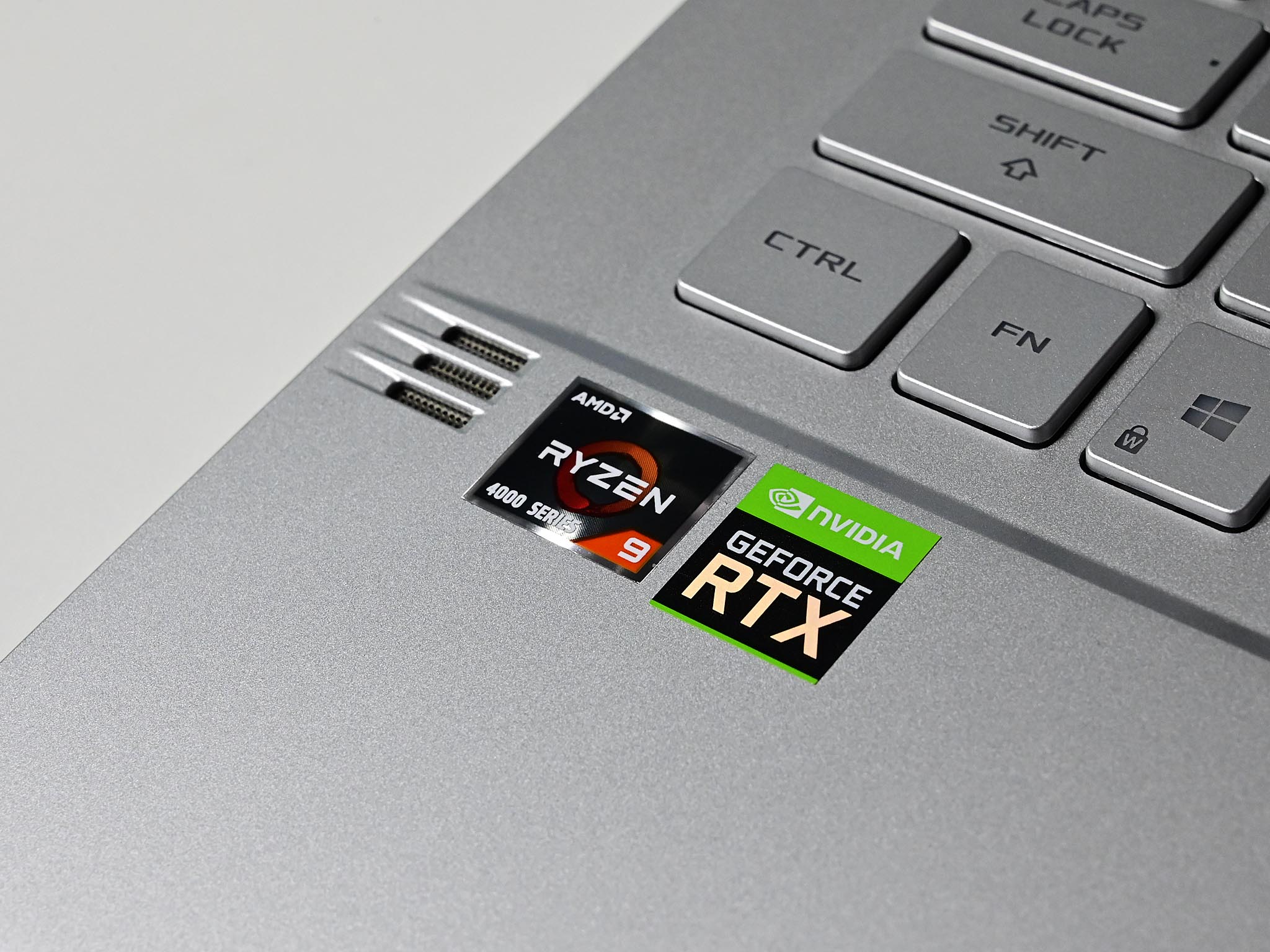
AMD's business is proliferating, but it is still less than half the market cap of Intel. It wisely sinks all its resources into chip development instead of pricey ads or marketing schtick.
It is working, too. AMD has made substantial gains in servers, desktops, and, yes, increasingly laptops.
But, many consumers do not care about that stuff. They see a laptop and wonder why Razer does not throw in an AMD chip – after all, it has more cores, so obviously better (spoiler: it's not obviously better).
While you may care about core counts, the companies making these laptops look for an advantage in design, marketing, support, and performance. Intel gives them that edge. So, do not be shocked when your favorite co-designed Intel laptop doesn't support AMD Ryzen chip. It is just business. And frankly, Windows laptops are now better for it.
If you want more insight about these topics, make sure to tune into our weekly podcast, where we discuss such issues in much more depth along with answering your questions.

Daniel Rubino is the Editor-in-chief of Windows Central. He is also the head reviewer, podcast co-host, and analyst. He has been covering Microsoft since 2007 when this site was called WMExperts (and later Windows Phone Central). His interests include Windows, laptops, next-gen computing, and wearable tech. He has reviewed laptops for over 10 years and is particularly fond of 2-in-1 convertibles, Arm64 processors, new form factors, and thin-and-light PCs. Before all this tech stuff, he worked on a Ph.D. in linguistics, performed polysomnographs in NYC, and was a motion-picture operator for 17 years.
